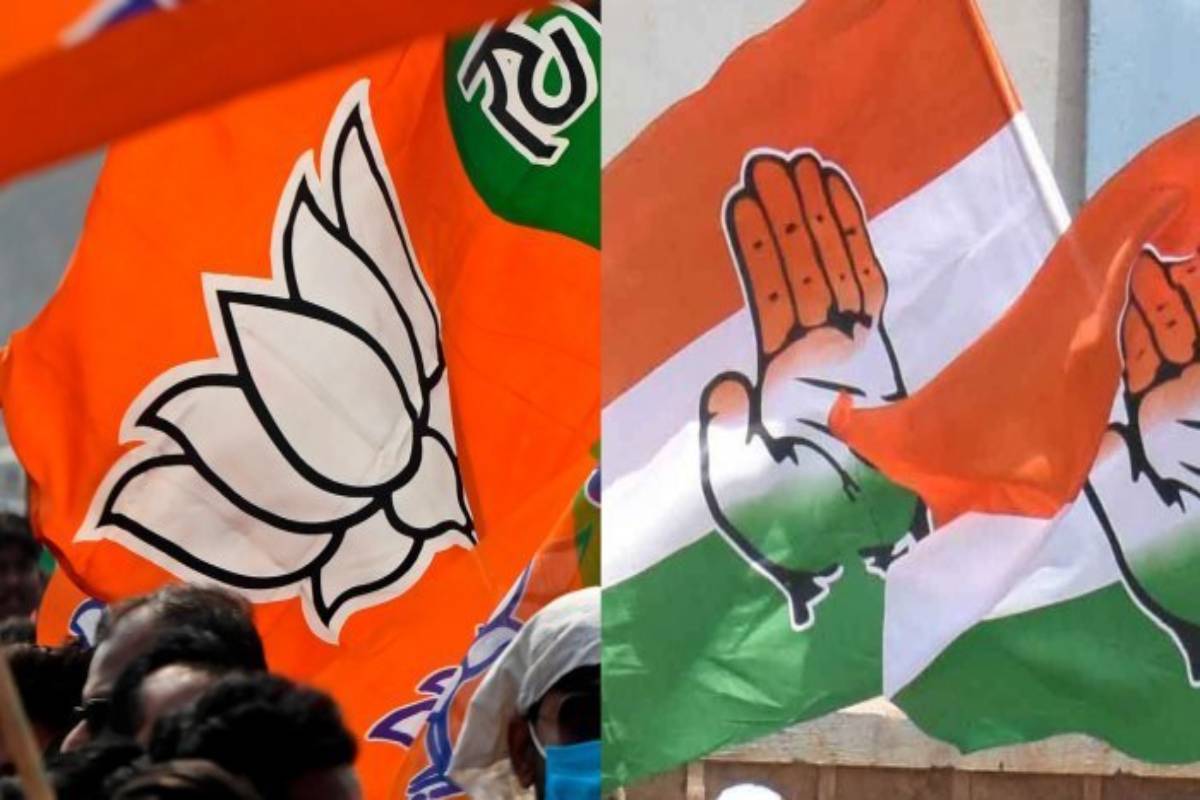Bangladesh unrest: Dilip Ghosh, CPM offer differing ways
Firebrand BJP leader Dilip Ghosh today said that chief minister Mamata Banerjee should be actively vocal against torture and attack on the minorities in Bangladesh.
As the political landscape unfolds in Jharkhand, with the first of four rounds of voting in the state scheduled on Monday, a fascinating spectacle of shifting allegiances, strategic manoeuvres, and the enduring influence of tribal politics is in store.

(Photo: SNS)
As the political landscape unfolds in Jharkhand, with the first of four rounds of voting in the state scheduled on Monday, a fascinating spectacle of shifting allegiances, strategic manoeuvres, and the enduring influence of tribal politics is in store. With five Lok Sabha seats in the state up for grabs in the fourth phase of the general election on May 13, Jharkhand finds itself at the centre of a dynamic electoral narrative, poised between continuity and change. The BJP’s impressive performance in the 2019 elections, sweeping 12 out of 14 seats in Jharkhand, underscored its dominance.
However, a closer examination reveals cracks in the seemingly invincible façade. Despite securing victories, the margins of triumph in certain constituencies were notably slim, signalling a potential vulnerability to shifting voter sentiments. One significant factor) contributing to this vulnerability is the intricate web of tribal dynamics woven into the state’s political fabric. Jharkhand, with its diverse tribal communities, presents a unique challenge for political parties vying for supremacy. The multipolar nature of its politics necessitates deft manoeuvring and strategic alliances, as evidenced by past electoral outcomes.
The incarceration of Hemant Soren, a prominent tribal leader and former chief minister, on graft charges has sparked outrage among tribal rights organisations and communities. The perceived assault on tribal representation has galvanised support against the BJP, and is likely to have an impact on voting. Moreover, the BJP’s decision to experiment with non-tribal leadership in a predominantly tribal state like Jharkhand has met with mixed results. The appointment of a non-tribal chief minister after the 2014 assembly elections yielded disappointing outcomes, highlighting the importance of tribal representation in the state’s governance structure.
Advertisement
In contrast, the recent appointment of a tribal chief minister in Chhattisgarh following the 2023 assembly elections signifies a strategic shift in the BJP’s approach. By aligning with tribal sentiments and leveraging local leadership, the party aims to consolidate its support base and navigate the complex terrain of tribal politics more effectively. However, electoral success in Jharkhand hinges not only on strategic manoeuvring but also on the ability to forge alliances and field candidates capable of resonating with the electorate. With alliances playing a pivotal role in the state’s multipolar politics, the BJP must tread cautiously and cultivate partnerships that complement its electoral strategy. As Jharkhand braces itself for the upcoming general election, the political landscape remains fluid and unpredictable.
While the BJP’s past successes underscore its formidable presence in the state, the emergence of new alliances, the mobilisation of tribal communities, and the shifting sands of public opinion portend a closely contested electoral battle. In the crucible of Jharkhand’s politics, where tribal identity intersects with electoral aspirations, the outcome of the election will not only shape the state’s political trajectory but also resonate far beyond its borders. As voters prepare to cast their ballots, the stage is set for a compelling saga of democracy in action.
Advertisement